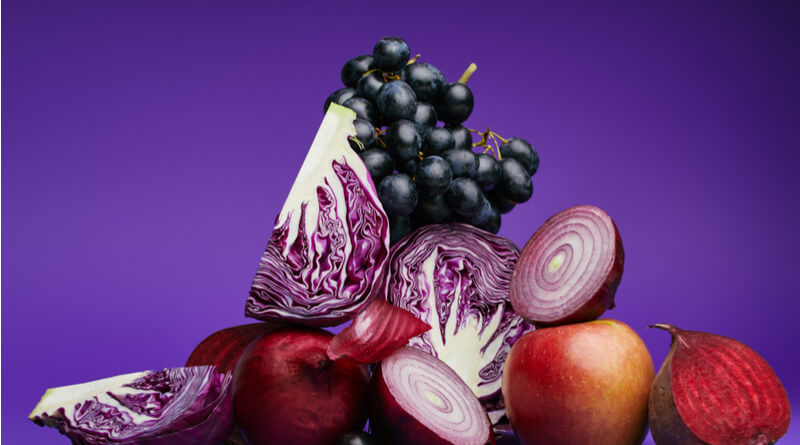Kidney failure, otherwise known as end stage renal disease (ESRD), is a very serious condition. Millions of people are affected by the condition every year. Kidney failure occurs when your kidneys lose the ability to filter the blood, which results in dangerous levels of electrolytes, fluid, and wastes building up in the body. People suffering from ESRD are forced to undergo kidney dialysis treatment or receive a kidney transplant to survive.
It can be very difficult to eat a proper diet when afflicted with kidney failure. Your body still needs all its normal vital nutrients but has to limit the intake of a certain few nutrients, specifically, potassium and phosphorous. These minerals will buildup in the kidney and can result in some extreme consequences including, heart attacks, the breakdown of the bone structure, and in the worst cases, death. The need to avoid potassium and phosphorous means that you have to avoid certain fruits, vegetables, and other foods: bananas, tomatoes, potatoes, oranges, dairy products, whole grains, legumes, etc.
Some believe that people suffering from ESRD have to give up eating fruits and veggies, but this is not the case. It is still essential to eat fruits and vegetables as they contain a lot of essential vitamins and minerals. Consult with your physician to determine what exactly you can include in your diet as an ESRD patient. But in general, there are certain fruits and veggies that are considered to always be safe for people suffering from kidney failure.
Fruits and Veggies That ESRD Victims Can Eat
- Apples
- Grapes
- Cabbage
- Cauliflower
- Red bell peppers
- Blueberries
- Onions
- Asparagus
All of these veggies and fruits contain essential nutrients that you need to include in your diet while minimizing the amounts of potassium and calcium.








